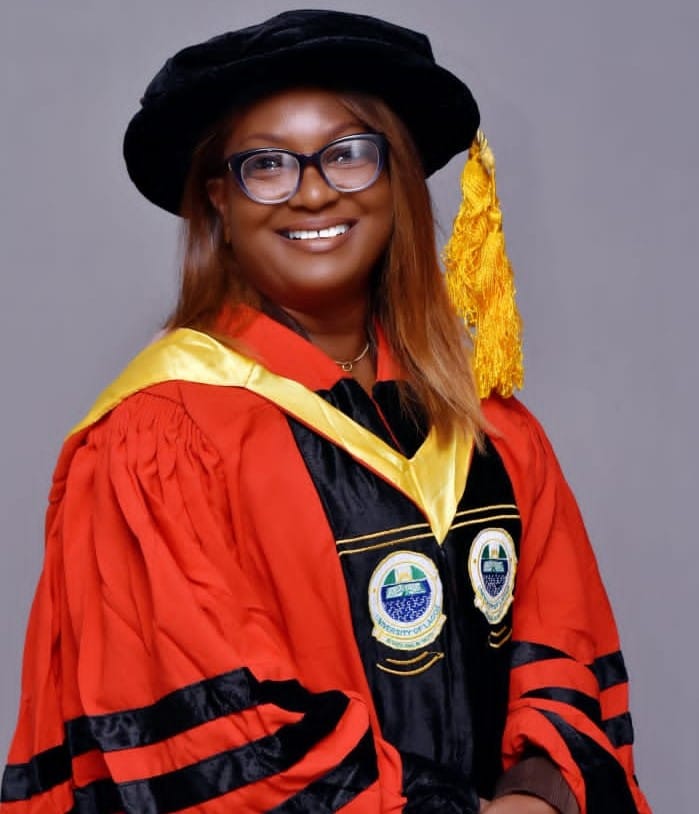In a compelling 27th Inaugural Lecture delivered at the Federal University Lokoja, Professor Ofure Odede Maria Aito, an esteemed scholar of English and Literature, highlighted the transformative role of women writers in reshaping cultural narratives and advancing social change.
The lecture, titled “Navigating a Room for Her Own,” explored the intricate relationship between culture, identity, and gender in literary expression. Professor Aito argued that women writers serve as both custodians and critics of culture, challenging established norms while crafting new models of womanhood and agency.
“Women’s writing is itself a form of cultural work,” she said. “It engages with culture not just as subject matter, but as a space to be reimagined. The ‘room’ women seek is often crowded with the weight of history, expectation, and obligation. Yet through writing, they build rooms of their own—spaces where silence is broken, taboos are confronted, and new cultural possibilities are imagined.”
She cited literary figures such as Amma Darko, Nawal El Saadawi, Mariama Bâ, and Nnedi Okorafor as prime examples of writers who have interrogated and exposed cultural systems that perpetuate gender-based violence, silence, and inequality.
According to Professor Aito, these writers do more than reflect society; they reimagine it. “Women are not merely asking for space—they are constructing it, furnishing it with stories that transcend time, language, geography, and form.”
She emphasized that women’s contributions to literature must be recognized as central to any meaningful discourse on cultural transformation and gender equity.
Earlier in his opening remarks, the Vice-Chancellor of Federal University Lokoja, Professor Olayemi Akinwumi, congratulated Professor Aito on her academic milestone. He praised inaugural lectures as a vital tradition for advancing intellectual culture and showcasing the university’s academic excellence.
He added that the lecture provided timely insights into issues of gender, identity, and literature, and would contribute significantly to ongoing conversations about equality and cultural evolution.
The event drew members of the academic community, students, and literary enthusiasts who lauded the lecture for its depth, relevance, and powerful advocacy for the role of women in redefining societal narratives.
















